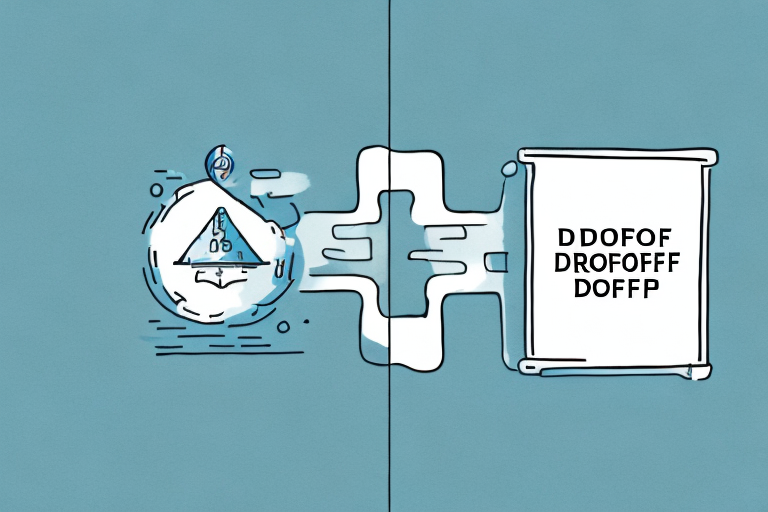Understanding the Difference Between 'Dropoff' and 'Drop Off'
English language nuances can often be tricky, especially when it comes to compound words and phrasal verbs. A common area of confusion is the distinction between "dropoff" and "drop off." This article delves deep into their correct usage, origins, grammatical rules, and the impact of modern technology and regional differences on these terms.
Correct Spelling and Usage
How to Spell 'Dropoff' vs 'Drop Off'
The compound form 'dropoff' is written as one word and is typically used as a noun. In contrast, 'drop off' is a phrasal verb consisting of two separate words. For example, "There was a significant dropoff in sales last quarter," versus "I need to drop off the documents at the office."
Common Usage in Everyday Language
In everyday conversation, both terms are often used interchangeably, but it's important to distinguish their functions. While "dropoff" usually refers to a decline or a designated location, "drop off" describes the action of delivering or leaving something or someone.
History and Origins
Origin of 'Dropoff'
The term "dropoff" emerged in the early 1900s, primarily in American English, to describe a sudden decline or a specific location for deliveries. Its usage has expanded over time, especially in industries like transportation and logistics.
Origin of 'Drop Off'
"Drop off" has been in use since the 1600s and originates from the phrasal verb meaning to deliver or leave something or someone at a particular place. Its longstanding presence in the English language underscores its versatility and widespread acceptance.
Grammatical Rules and Guidelines
When to Use 'Dropoff' as a Noun
'Dropoff' functions as a noun when referring to a decline, decrease, or a specific location for dropping off passengers or goods. For example, "The dropoff in customer engagement was noticeable last month."
When to Use 'Drop Off' as a Verb
'Drop off' is used as a verb phrase to describe the action of delivering or leaving something or someone. For instance, "I will drop off the package at the post office."
Hyphenation Guidelines for Compound Words
Compound words like "dropoff" may sometimes require hyphenation based on their usage in a sentence. Generally, hyphens are used when the compound adjective precedes a noun, such as "drop-off point." However, when used as a verb, no hyphen is necessary.
Common Mistakes and How to Avoid Them
Errors in Formal Writing
A frequent mistake is using "dropoff" in formal writing where "drop off" would be more appropriate. For example, instead of writing "I made a dropoff at the office," it's better to say "I dropped off the documents at the office."
Confusing with Similar Terms
Another common error involves confusing "dropoff" with terms like "pickup" or "pick up." It's crucial to use "drop off" when referring to leaving something and "pick up" when referring to retrieving something to avoid confusion.
Impact of Technology and Regional Differences
Influence of Technology on Spelling and Usage
The rise of digital communication platforms like text messaging and social media has popularized the use of "dropoff" as a single word due to its brevity. However, in formal contexts, adhering to "drop off" remains the standard.
Regional Variations in 'Dropoff' vs 'Drop Off'
Regional preferences also play a role in the usage of these terms. In American English, "dropoff" is more prevalent, especially in business and logistics contexts. Conversely, British English tends to favor "drop off" across various settings.
Frequently Asked Questions
Is 'Dropoff' a Real Word?
Yes, "dropoff" is a legitimate compound noun used to describe a decline or a designated location for deliveries. However, its appropriateness varies based on the formality of the context.
Can I Use 'Dropoff' and 'Drop Off' Interchangeably?
In informal settings, the two can often be used interchangeably without causing confusion. However, in formal writing and professional contexts, "drop off" is preferred to maintain clarity and correctness.
Conclusion: Choosing the Right Form
The distinction between "dropoff" and "drop off" hinges on their roles as a noun and a phrasal verb, respectively. Understanding the context and adhering to grammatical rules ensures effective communication. When in doubt, especially in formal writing, opting for "drop off" is the safer choice. By mastering these nuances, you can enhance both the clarity and professionalism of your writing.





















